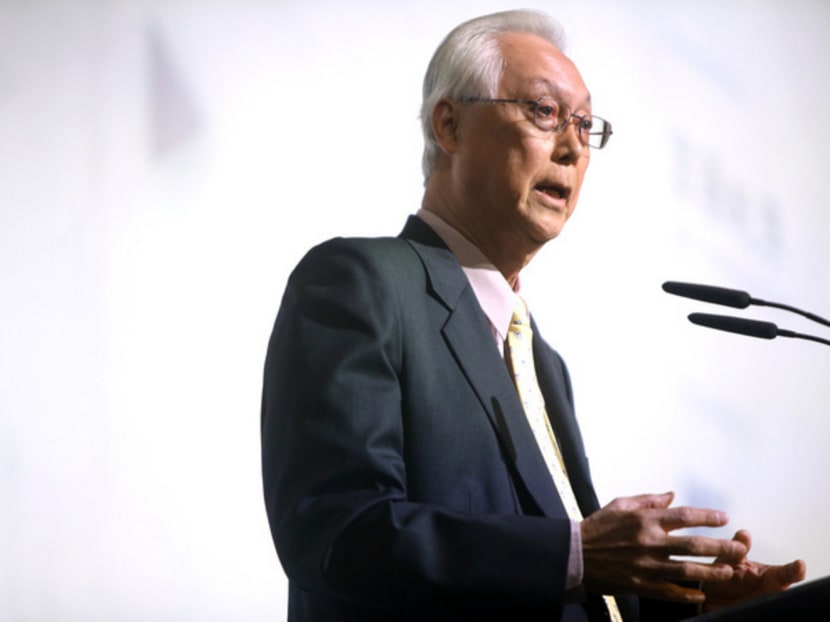Don’t treat elections as circuses or beauty contests: ESM Goh
SINGAPORE — The flood of information on the Internet today, coupled with the electorate’s higher expectations, are not only challenges to governance, but to efforts to draw good people into politics, said Emeritus Senior Minister Goh Chok Tong.
SINGAPORE — The flood of information on the Internet today, coupled with the electorate’s higher expectations, are not only challenges to governance, but to efforts to draw good people into politics, said Emeritus Senior Minister Goh Chok Tong.
Against this backdrop, citizens have to cast votes for the party that they believe is best able to run the country, he said.
“They should not treat elections like circuses, auctions, beauty contests or tikam-tikam,” said Mr Goh.
He added: “On the evidence of past General Elections, Singaporean voters are astute in their collective vote, choosing when and how to calibrate between showing approval and unhappiness. May they remain rational and wise.”
Speaking at the Singapore At 50: What Lies Ahead conference organised by the Institute of Policy Studies yesterday, Mr Goh said Singaporeans’ present high standard of living has become a “springboard for higher expectations”.
“Everyone has his own Mount Everest of expectation and the task of the Government is to encourage and help him to scale it,” he added.
On the one hand, this task is aided by the advent of social media because it allows political leaders to share their thoughts with a wider group of people and consult them in a more timely fashion, “rather than communicating decisions only after they have been made”, said Mr Goh.
On the other hand, social media can drown out the Government’s voice, he added. “To get its messages heard, read or seen is a challenge.”
So, a democracy can produce good governance only if people who can best run the office step forward, said Mr Goh.
These candidates must see political leadership as a calling and a “worthwhile profession”, he said. But he stressed that this does not mean having professional politicians. “That would be a disaster. I mean political service must be highly respected as a profession and devotion,” said Mr Goh.
Responding to questions from Ambassador-at-Large Chan Heng Chee and Professor Kishore Mahbubani on political leadership renewal, Mr Goh said the greater challenge is in persuading those in the private sector to enter politics.
“Those in the Civil Service know what is at stake ... but (those in the private sector) have different dreams ... If they have a vision of what they can do with their company, they will do that and get satisfaction from doing something they can see,” he said. “Whereas building Singapore is too big a notion that they cannot quite see.”
Mr Goh added that the next generation of leaders must be able to think ahead and be prepared to stand up for their convictions, which may involve “taking on the other side”. They must be part of a team that understands the business of governance, including foreign policies and geopolitical situations, he added.
The challenges wrought from citizens’ increased expectations and the impact of social media were echoed by former British Prime Minister John Major, who was Mr Goh’s fellow panellist at the dialogue session titled Governance: New Democratic Challenges.
Mr Major said governments are increasingly pressured to make snap decisions that have undesirable consequences because social media “could put enormous pressure on the government for early decisions, and pre-frame public attitudes before the facts are fully examined and explored”.
Mr Goh added that in the face of the challenges caused by social media, the Government must continue to be transparent and sustain Singaporeans’ trust, so that “whatever goes on in social media will not be totally believed”.
A good government should also be sensitive to varied demands across different segments in the nation, he said. For instance, the lower-income will desire a higher standard of living, while the middle-income may want more space and resources to pursue their interests.







